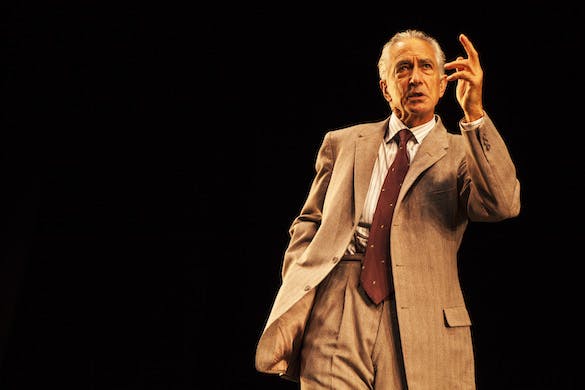
Who Owns Greenland?
By THE NEW YORK SUN
|A play about a hero of the Holocaust resistance, ‘Remember This: The Lesson of Jan Karski’ helps put the horrors documented in today’s news reports into their proper historical context.

$0.01/day for 60 days
Cancel anytime
By continuing you agree to our Privacy Policy and Terms of Service.
Already have an account? Sign In

By THE NEW YORK SUN
|
By LAWRENCE KUDLOW
|
By BENNY AVNI
|
By REBECCA SUGAR
|
By DANIEL EDWARD ROSEN
|
By A.R. HOFFMAN
|
By LUKE FUNK
|
By NOVI ZHUKOVSKY
|